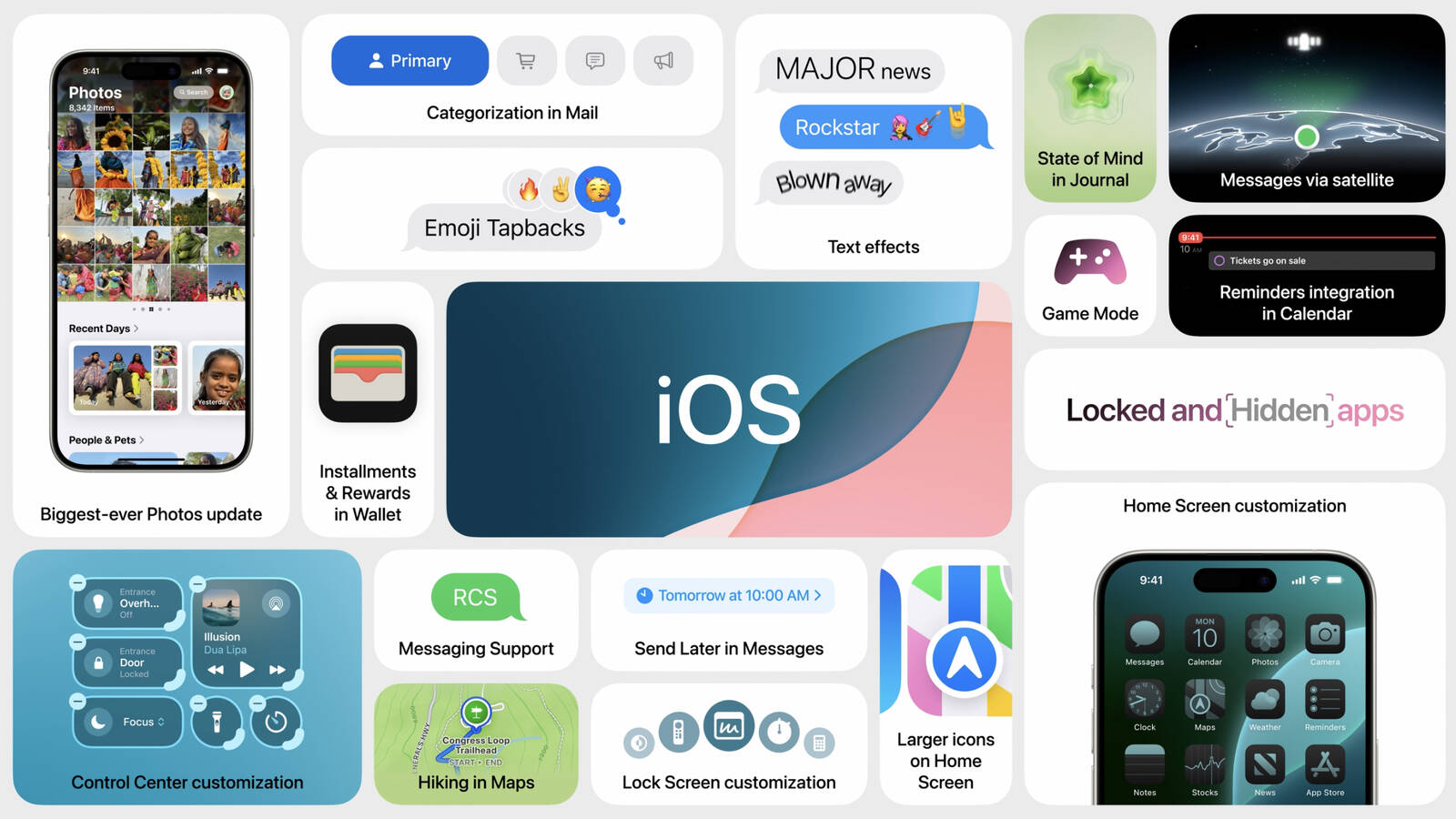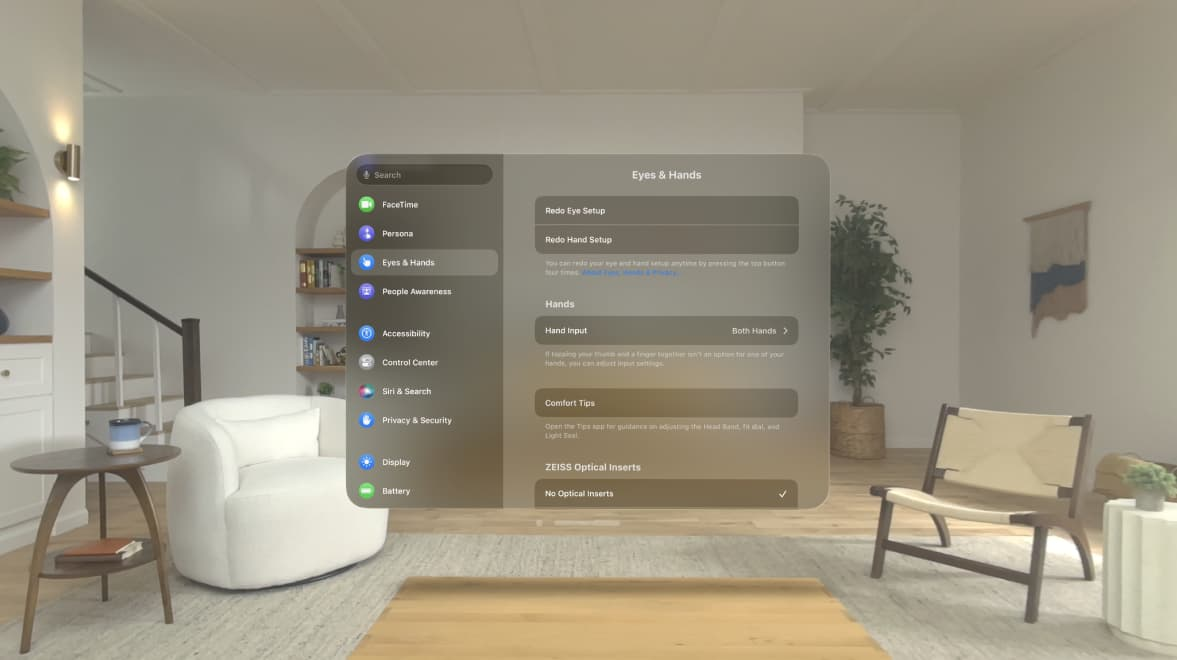The dominance of Apple and Google creates a troubling duopoly in the mobile web browser market, where innovation is often stifled due to stringent iOS browser restrictions. As the UK Competition and Markets Authority (CMA) investigates these companies, evidence suggests that their policies inhibit competition, making it increasingly difficult for third-party developers to thrive. With the prospect of antitrust action looming, analysts are keenly observing how these tech titans modify their strategies in the face of regulatory scrutiny. The CMA’s findings highlight pressing issues, such as limited cloud gaming policies and the enforced use of Apple’s Safari rendering engine, which diminish user choice and developer potential. This ongoing investigation underscores the critical need for reform to ensure a vibrant and competitive web browsing ecosystem.
The current landscape of mobile internet access is heavily influenced by the powerful hold that Apple and Google possess over web browsing technologies. This dual control restricts opportunities for other players within the market, prompting regulatory bodies like the UK CMA to take a closer look at potential anticompetitive behaviors. The investigation centers around concerns regarding browser engine limitations and the impact of stringent platform policies that could stifle innovation. Furthermore, as discussions around cloud gaming regulations evolve, the scrutiny on these companies intensifies, reflecting a growing recognition of the need for increased competition within digital ecosystems. This situation prompts a broader dialogue about fostering a more open and innovative environment for mobile applications and services.
Understanding the Apple and Google Duopoly in the Mobile Web Browser Market
The mobile web browser market has come under scrutiny as the UK Competition and Markets Authority (CMA) identified the overwhelming dominance of Apple and Google. This duopoly is seen as a major barrier to competition, stifling innovation and limiting choices for consumers. By maintaining strict controls over their respective platforms, both companies inhibit the entry of alternative browsers which could potentially offer more innovative features or enhanced privacy protections. The CMA’s findings highlight that the characteristics of the mobile browser market are skewed in favor of these tech giants, leading to an environment where competition cannot thrive.
Furthermore, the CMA’s investigation points out that the policies enforced by both Apple and Google prioritize their own interests over those of developers and users. For instance, Apple’s requirement that all third-party browsers use their Safari rendering engine effectively limits what developers can offer in terms of performance and features. This not only restricts consumer choice but can also lead to a homogenization of browser features, hindering the development of innovative solutions that could benefit users. The implications of this duopoly extend beyond just browsers, affecting the overall competitive landscape in mobile applications and internet services.
The CMA Investigation: Implications for Browsers and Antitrust Action
The CMA’s ongoing investigation into the practices of Apple and Google raises critical questions about the future of digital markets and antitrust actions in the UK. By evaluating the strategies employed by these companies, including their enforcement of iOS browser restrictions, the CMA aims to safeguard competition and enhance consumer welfare. If the investigation leads to a formal determination that these companies hold strategic market status (SMS), it could initiate an unprecedented level of regulatory action against their current policies. Such actions might necessitate restructured practices within the mobile web browser market to promote innovation and competition.
Moreover, the CMA has articulated concerns regarding the stifling of cloud gaming due to Apple’s restrictive policies. Although recent updates suggest some improvements, the agency’s findings on both antitrust violations and market manipulation emphasize the need for ongoing scrutiny. Should the CMA pursue antitrust action, it would set a powerful precedent, not just for Apple and Google, but for all digital marketplace players. This could further illuminate how regulatory bodies can confront tech giants to cultivate a more equitable competitive environment.
The Future of Mobile Browsing: Innovation stifled by Big Tech
As the mobile web browser market continues to evolve, the impact of Apple and Google’s practices cannot be underestimated. Their current domination results in a lack of diverse offerings for consumers, who might benefit from more competition and innovative functionalities offered by smaller browser developers. With limited access to advanced features like privacy controls or improved performance, users are often left with a discouragingly similar browsing experience, forced to rely on the same two players in the market. This stagnation leads to an urgent call for reform in digital market policies to empower new entrants and revive innovation.
Moreover, the situation is exacerbated by the revenue-sharing arrangements that exist between Apple and Google, which disincentivize competitive efforts within the mobile browsing space. As developers are effectively coerced to align their interests with those of these tech giants, genuine innovation finds itself constrained by established monopolies. To restore a healthy competitive ecosystem for web browsing, stakeholders must recognize the need for regulatory oversight and potential antitrust interventions that encourage a diverse and dynamic marketplace.
Regulatory Frameworks: Navigating iOS Browser Restrictions
The recent findings from the CMA highlight the pressing need for clearer regulatory frameworks in the realm of digital markets, particularly concerning restrictive practices tied to iOS browsers. Apple’s imposition of particular rules that significantly limits browser capabilities has drawn the attention of regulators, as they pose a direct challenge to market fairness and competition. Such restrictions not only inhibit developers from exploiting their full potential but also trap users into a narrower set of functionalities than what might otherwise be available through competitive offerings.
A comprehensive evaluation of the regulatory landscape reveals a multifaceted challenge in balancing innovation with consumer protection. The CMA’s recommendations and investigations serve as a pivotal starting point for redefining how digital market regulations can foster competition. The outcome could pave the way for adjustments in existing practices, ultimately leading to an ecosystem that respects user choice and promotes innovation in mobile web browsing and beyond.
Impact of Antitrust Actions on Mobile Web Browsers
The ramifications of potential antitrust actions against Apple and Google in the mobile web browser market could be profound, as these measures aim to dismantle existing barriers to competition. Regulating the practices that have led to the stifling of innovation would not only affect browsers but could also influence the future development of various digital services. As the CMA explores the intricacies of the mobile market, the outcomes of their investigations may serve as an important blueprint for other regulatory bodies globally seeking to address similar duopolistic circumstances.
Moreover, antitrust actions could instigate a renewed competitive spirit among browser developers, prompting them to explore unique functionalities that cater to diverse user preferences. The likelihood of new entrants flourishing in a more balanced marketplace could mean enhanced privacy features, adaptive technologies, and improved performance metrics. Should the CMA successfully advocate for these changes, it would benefit consumers by providing them with more options and promoting a technological environment rooted in innovation and diversity.
Cloud Gaming Policies and Their Intersection with Browser Technologies
The CMA’s examination of cloud gaming policies in conjunction with browser technologies underscores the interconnectedness of the digital ecosystem today. While initial concerns were raised regarding how Apple’s restrictions affected the development of cloud gaming applications on iOS devices, recent policy adjustments suggest some movement towards greater accessibility for developers. This evolving landscape indicates that changes in cloud gaming regulations can influence the broader context of mobile browsing, especially as technologies converge.
Understanding how Apple’s policies impact both cloud gaming and browser functionalities reveals the complexity of navigating digital markets in an age dominated by big tech. The potential for enhanced browser capabilities can lead to greater cloud gaming experiences, thus driving further interest and competition in the sector. As regulators like the CMA push for transparency and fairness, the future of cloud gaming applications could benefit significantly from these changes, ultimately enriching the user experience while promoting broader access across platforms.
The Role of Developers in Challenging the Duopoly
Developers play a crucial role in shaping the narrative around the duopoly of Apple and Google within the mobile web browser market. By advocating for transparency and pushing against restrictive policies, they can lead meaningful change. Developers have historically faced significant obstacles posed by the policies of these major companies, but a concerted effort backed by supportive regulatory frameworks could empower them to innovate freely. When developers unite to challenge these established norms, they increase their bargaining power and foster a more competitive market landscape.
Additionally, the participation of developers in discussions around browser capabilities and user rights highlights the essential relationship between technology creators and consumers. As developers push for more open ecosystems, users also benefit from diverse choices in functionality and performance. This evolving dynamic suggests that fostering collaboration between regulators and developers could potentially redefine the mobile web landscape, transforming it into a more equitable space that promotes creativity and user satisfaction.
Anticipating Regulatory Changes in the Digital Landscape
As the CMA’s investigations on mobile browsers and cloud gaming reach critical milestones, the anticipation of potential regulatory changes becomes increasingly tangible. The outcomes of these inquiries may lead to a reassessment of existing practices regarding browser restrictions and market competition dictated by Apple and Google. A shift in the regulatory landscape could not only impact these two tech giants, but it could also establish a precedent for how digital markets are governed in the future, setting norms for fairness and competition throughout various sectors.
In conclusion, the changing dynamics in the mobile web browser market demand a proactive approach from regulatory bodies and stakeholders alike. The evolution of market policies can harness the innovative potential of developers while protecting consumer interests. Should the CMA’s inquiries lead to the establishment of more equitable practices, the digital environment may transition toward one characterized by diversified options, enhanced user experiences, and a progressive mindset towards competition.
Frequently Asked Questions
What is the Apple and Google duopoly in the mobile web browser market?
The Apple and Google duopoly refers to the significant control both companies exert over the mobile web browser market. The UK Competition and Markets Authority (CMA) determined that their policies restrict competition, hinder innovation, and limit the effectiveness of alternative browsers on platforms like iOS and Android.
How does the CMA investigation relate to the Apple and Google duopoly?
The CMA investigation is a critical assessment of the Apple and Google duopoly’s impact on competition in the mobile web browser market. It aims to evaluate whether these companies hold strategic market status (SMS) and recommends antitrust actions if their practices are confirmed to distort market dynamics.
What antitrust actions could result from the CMA investigation into the Apple and Google duopoly?
If the CMA concludes that Apple and Google possess strategic market status, it may initiate antitrust actions aimed at dismantling practices that stifle innovation and competition in the mobile web browser market, including regulations that restrict third-party browser development.
How do iOS browser restrictions by Apple affect competition in the mobile web browser market?
Apple’s iOS browser restrictions compel developers to use its Safari web rendering engine, limiting the opportunities for innovation and efficiency in mobile browsers. This enforces the Apple and Google duopoly, as it curtails the improvement of competing browsers.
What are the concerns regarding cloud gaming policies under the Apple and Google duopoly?
The CMA’s investigation highlighted that Apple’s previous policies disrupted the development of cloud gaming applications on iOS. Although recent policy updates by Apple have improved competitive conditions, the ongoing examination into the Apple and Google duopoly continues to monitor potential hindrances.
What impact has the CMA found regarding the Apple and Google duopoly on innovation?
The CMA identified that the Apple and Google duopoly significantly inhibits innovation in the mobile web browser market. Their policies can delay the introduction of new features to third-party browsers, which could otherwise enhance user experience and browser capabilities.
What changes have Apple and Google made in response to the CMA’s findings about their duopoly?
In response to the CMA’s findings, Apple implemented a software update facilitating default browser switching, and Google adjusted its prompts for default browser designation. However, these changes only address a fraction of the concerns related to the Apple and Google duopoly.
Why are revenue-sharing agreements between Apple and Google a concern in the context of their duopoly?
The revenue-sharing agreements between Apple and Google diminish the competitive drive in the mobile web browsing market. This arrangement may ensure that both companies maintain dominance and limit the incentive for innovation among competing web browsers.
| Key Point | Details |
|---|---|
| CMA’s Findings | In 2021, the CMA concluded that Apple and Google have a duopoly in the mobile web browser market that hinders competition and innovation. |
| Antitrust Action | If investigations confirm strategic market status (SMS), CMA plans to recommend antitrust actions against Apple and Google. |
| Apple’s Policies | Policies from Apple stifle innovation by forcing developers to use the Safari web engine, limiting their ability to create competing browsers. |
| Impact of Changes | Both companies made minimal changes to address some CMA concerns, but substantial issues remain unaddressed. |
| Cloud Gaming Evaluation | The CMA found that Apple’s policies previously obstructed cloud gaming development but noted improvements after policy changes. |
| Future Investigations | The inquiry results regarding Apple and Google’s SMS status are expected this year, with potential remedies to follow. |
Summary
The Apple and Google duopoly is a critical issue that poses significant challenges to competition and innovation in the mobile web browser market. The UK Competition and Markets Authority (CMA) has identified substantial evidence suggesting that the policies of both companies inhibit alternative developers. Increased scrutiny and potential antitrust actions highlight the need for a more competitive landscape, particularly as the CMA’s investigation progresses and seeks to implement vital remedies.



